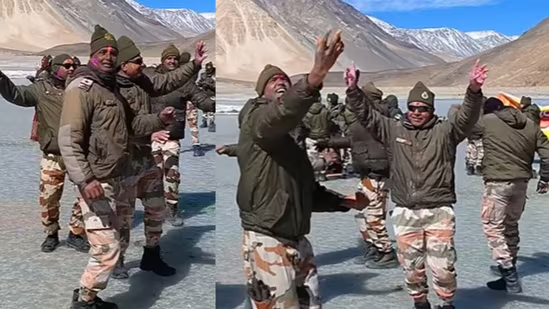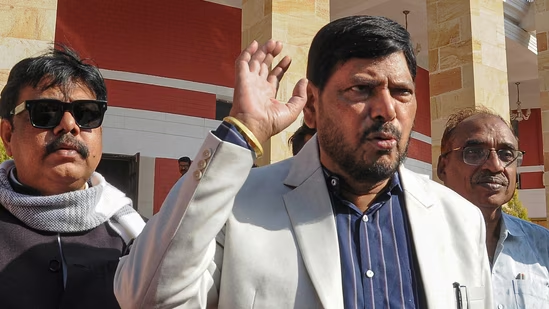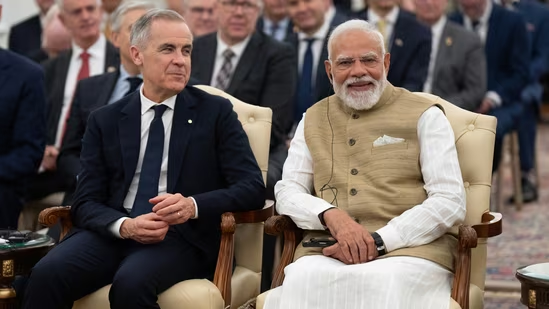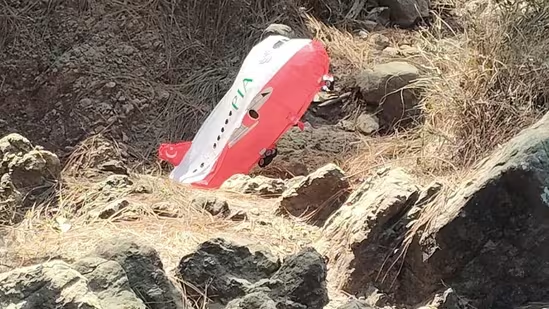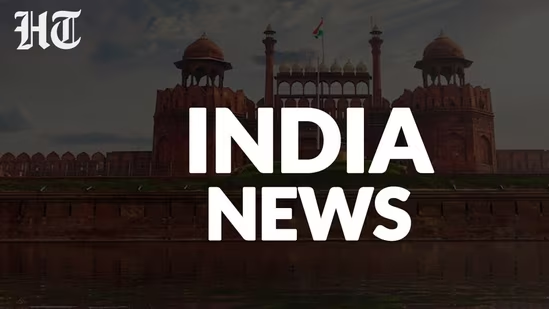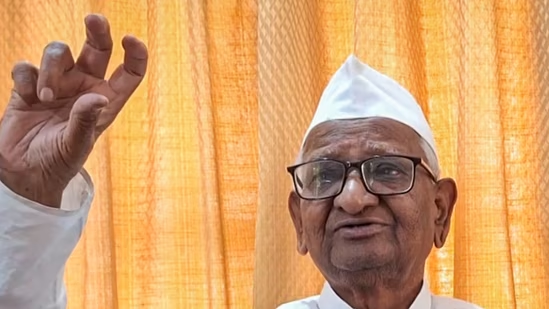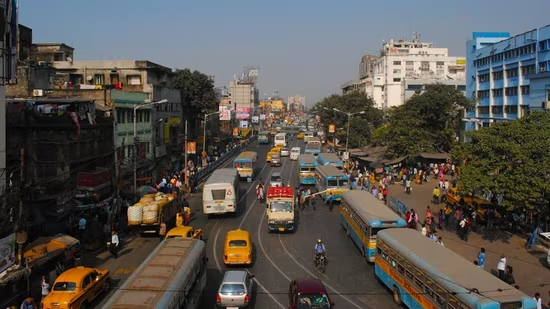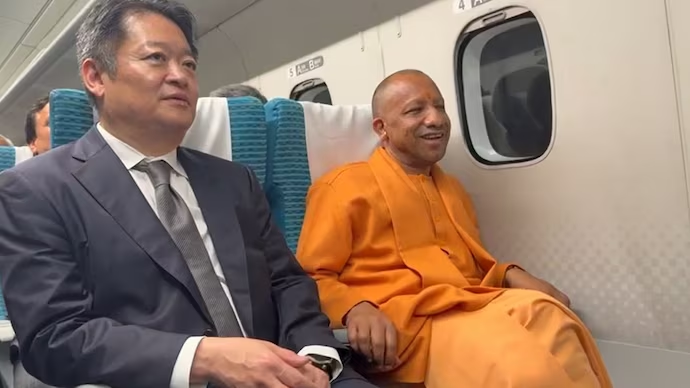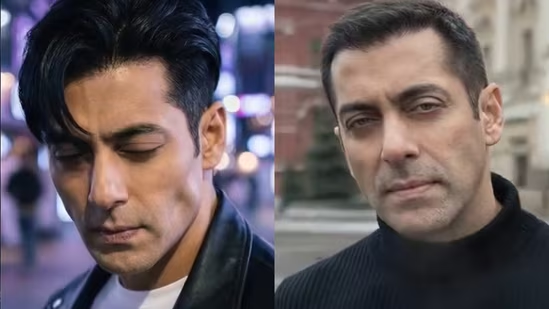Understanding ‘Bulldozer Justice’ and Its Impact on Legal Integrity
In recent years, the concept of ‘bulldozer justice’ has become a controversial and alarming trend in India. This practice, characterized by the demolition of properties without due process, raises significant concerns about legal fairness and human rights. Recent observations by the Supreme Court of India highlight the critical need to address and rectify this troubling phenomenon.
Supreme Court’s Intervention in Bulldozer Justice Cases
The Supreme Court, led by Justice B.R. Gavai, has made notable observations on the issue of demolitions carried out as a form of extrajudicial punishment. Justice Gavai questioned the legality of demolishing properties based solely on accusations. He stressed that even individuals convicted of crimes are entitled to due process as prescribed by law. This intervention is crucial in curbing the misuse of demolition actions as punitive measures.
In 2022, the Supreme Court addressed a high-profile case involving the demolition of Javed Mohammed’s house in Prayagraj, Uttar Pradesh. The property was demolished under the guise of unauthorized construction, although it was later revealed that it was legally owned by Mohammed’s wife. This action was perceived as retaliation for Mohammed’s alleged involvement in protests against controversial remarks. The Supreme Court’s call for adherence to legal procedures was a significant step, yet similar demolitions have continued.
Recent Incidents Highlighting Bulldozer Justice
Madhya Pradesh: Political Retaliation or Legal Action?
In Madhya Pradesh, a substantial property owned by Congress leader Shehzad Ali was demolished following allegations that he led a violent mob. The demolition, which included the destruction of vehicles, occurred shortly after Ali’s alleged involvement in the stone-pelting incident. This timing suggests that the demolition was a retaliatory response rather than a legal procedure.
Rajasthan: Selective Enforcement and Discrimination
A recent incident in Rajasthan further underscores the troubling pattern of selective demolition. The house of a minor boy’s family, accused of a violent act, was demolished within hours of an eviction notice. The property, claimed to be on forest land, was targeted despite the presence of other similar constructions in the area. This selective action raises concerns about discrimination and the misuse of demolition powers.
The Implications of Bulldozer Justice on the Rule of Law
The practice of bulldozer justice undermines the core principles of the rule of law and judicial fairness. By using demolitions as a form of punishment, state authorities erode public trust and compromise the integrity of legal processes. Such actions not only perpetuate systemic bias but also fuel communal tensions and undermine democratic values.
Legal Reforms Needed to Address Bulldozer Justice
To combat the issue of bulldozer justice, comprehensive legal reforms are essential. The existing legal framework for addressing unauthorized constructions and encroachments must be strictly adhered to. Demolitions should only be carried out following a transparent legal process, including proper notice and an opportunity for affected individuals to contest the actions.
Municipal authorities and enforcement agencies need to be held accountable for their roles in enabling or overlooking illegal constructions. Corruption and negligence within these bodies often contribute to the misuse of power. Addressing these issues is crucial to prevent the abuse of demolition powers.
The Role of Civil Society and Media in Promoting Justice
Civil society organizations and media play a pivotal role in advocating for justice and legal reforms. By raising awareness and documenting violations, they help to ensure transparency and accountability in the enforcement process. Public pressure and media scrutiny can drive significant changes and reinforce the principles of fairness and due process.
Conclusion: Upholding Justice and Legal Integrity
The rise of bulldozer justice in India represents a severe threat to the principles of legal fairness and democratic integrity. The Supreme Court’s recent observations highlight the urgent need for adherence to legal processes and the protection of individual rights. To restore faith in the justice system, all stakeholders—government officials, legal authorities, civil society, and the media—must work together to ensure that justice is served impartially and that the rule of law is upheld.







